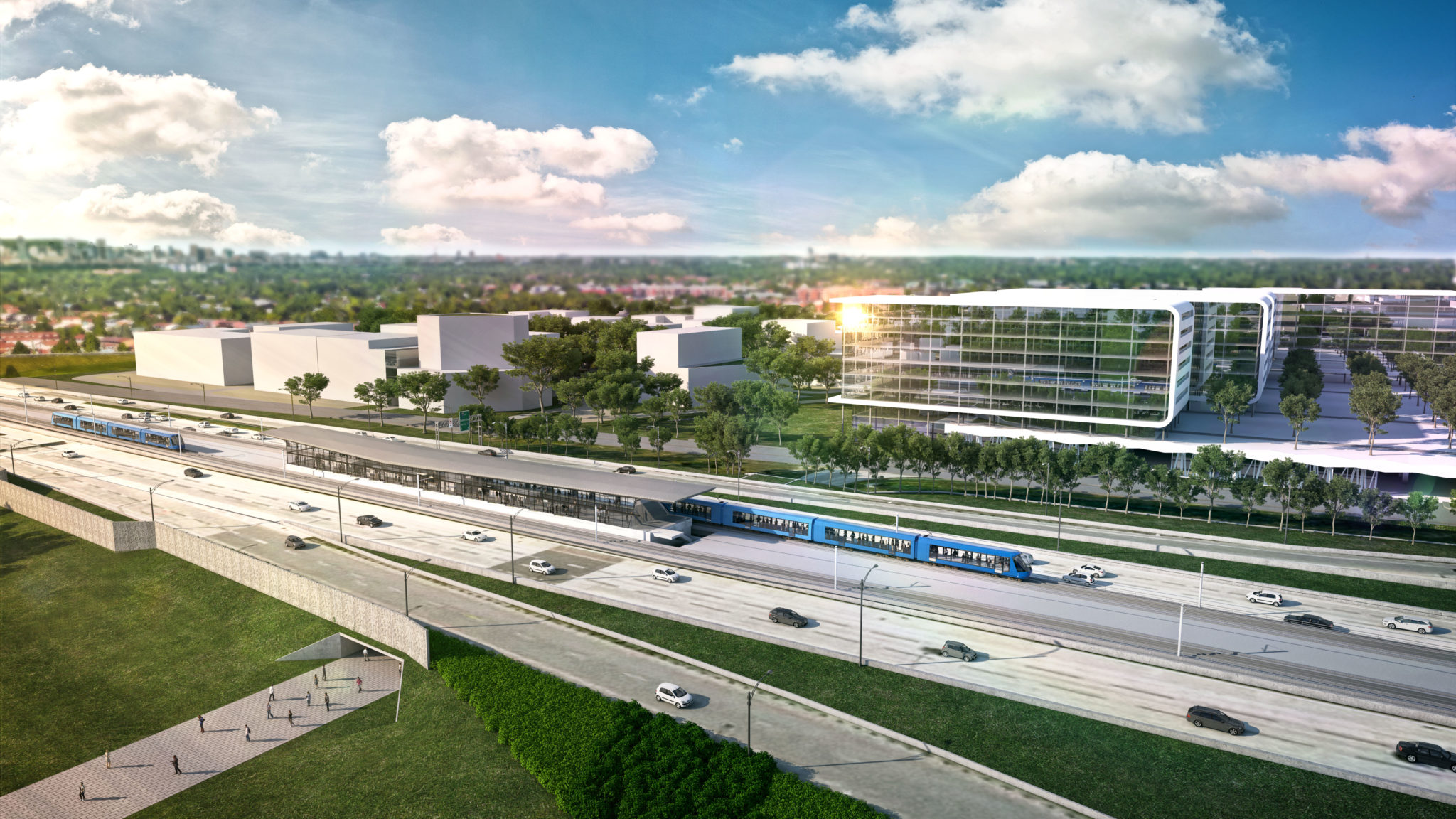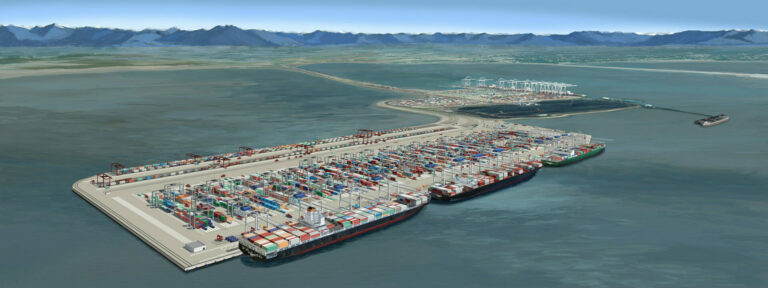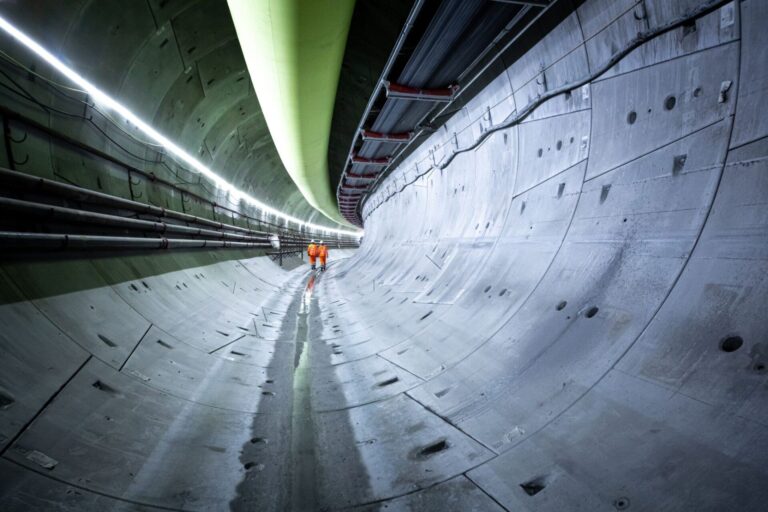The Canada Infrastructure Bank (CIB) and CDPQ Infra, a subsidiary of the Caisse de depot et placement du Québec, have entered into an business agreement.
The $ 1.28 billion investment completes the $ 6.3 billion project funding for the 26-station, 67-kilometre Réseau express métropolitain. This agreement is subject to the signing of the final legal documents.
“We are pleased to help fund this important public infrastructure project,” said Pierre Lavallée, President and Chief Executive Officer of the Canada Infrastructure Bank. “Public transit is one of the priority areas we have identified. Our role is to invest alongside the private sector and institutional investors, as well as other public sector partners, to facilitate the development of strategic projects such as the REM. ”
“We are very pleased to welcome the Canada Infrastructure Bank as a partner in the REM project. With this $ 1.28-billion investment, REM funding is now complete. Construction of the project is progressing well and will intensify in the fall, “said Macky Tall, President and CEO of CDPQ Infra.
Highlights of the investment:
- The Canada Infrastructure Bank’s financing is $1.28 billion and takes the form of a senior secured loan at an initial interest rate of 1%, increasing to 3% over the term of the loan.
- Considering that the participation of the Canada Infrastructure Bank takes the form of a loan, the equity participation of CDPQ Infra in the REM project will be approximately 70% and that of the Government of Quebec will be approximately 30%.
- The amounts invested equally by CDPQ Infra and the Government of Québec remain unchanged at $ 2.95 billion and $ 1.28 billion, respectively.
- The return on equity remains unchanged at 3.7% for the Government of Quebec and 8-9% for CDPQ Infra.
“This project will connect the Montréal region in a way we have never seen before, allowing residents to get to work faster and spend more time with friends and family. It is a prime example of the type of modern, resilient, and green infrastructure that Canadians across our country are looking for,” said Francois-Philippe Champagne, Minister of Infrastructure and Communities. “The Canada Infrastructure Bank was created as an additional tool to help public dollars go further by attracting private sector investment and I am pleased to see that this innovative model has succeeded in bringing together private and public sector partners to realize this important project.”
The construction of the REM began in April 2018. The first trains will be put into service in the summer of 2021.











